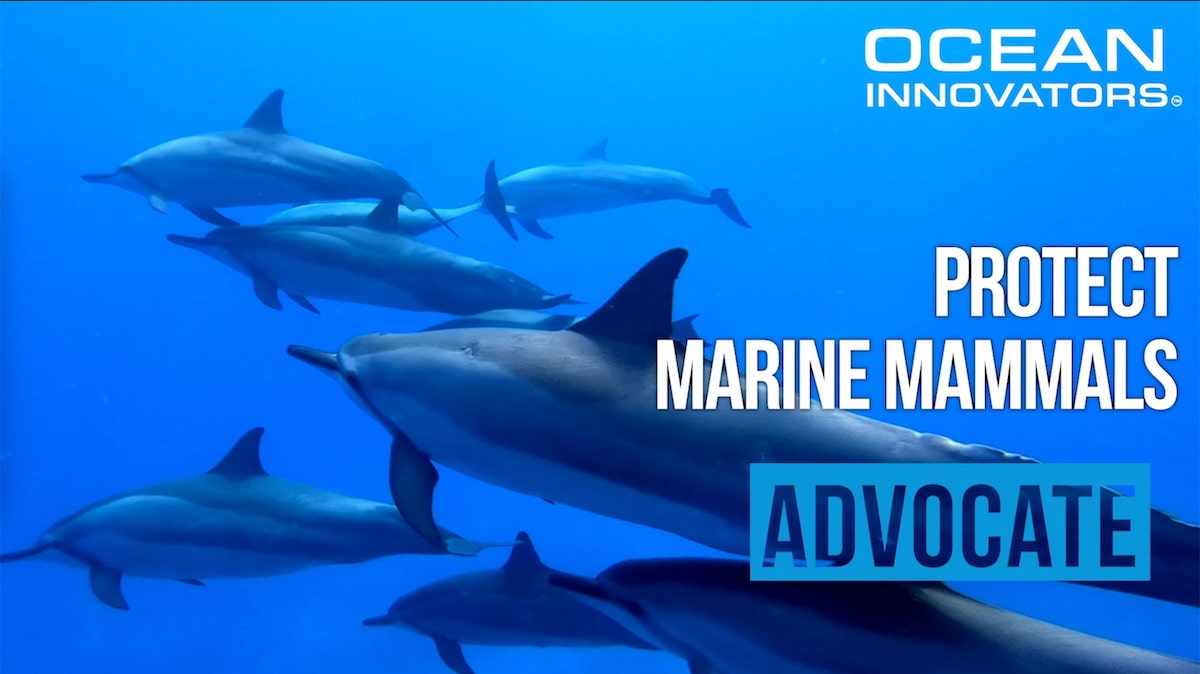The right to life: Dolphins & Whales
In the 90s, all us kids were talking about wanting to save the whales. This was thanks to the American cinematic hit, Free Willy and the beautiful whale actor, Keiko. Behind the Hollywood glamour, however, was the very real story of Keiko and the caring role of the International Marine Mammal Project (IMMP). Mark Palmer, Associate Director of IMMP, is a stalwart of the marine animal advocacy movement and a passionate advocate for cleaner oceans.
IMMP has over thirty years of activism
Palmer has worked tirelessly to provide better legal rights and quality of life for all marine animals. The International Marine Mammal Project focuses, especially on whales and dolphins. Thanks to the efforts of many Keiko supporters including the IMMP, post-filming; Keiko was safely transferred to a rehabilitation habitat and released into the wild. Unfortunately, life expectancy of a freed whale is considered poor due to the loss of natural survival skills and habits. Nowadays, IMMP advocate for public transparency around quality of life for whales held in captivity. Also, they champion their release into special marine sanctuaries, rather than release into the wild.
Earth Island Institute established IMMP in the eighties and act as the parent organization. Headquartered in Berkeley, California, their numerous campaigns all serve a dual purpose:
- To educate the public on both the value and importance of whales and dolphins.
- To provide an opportunity for the public to engage in participatory democracy through tools to influence market forces, elected officials and government agencies.
Reduce single-use plastic and help marine life
Their latest campaign focuses on reduction of ocean pollution, particularly that caused by dumping of plastic waste. Earth Island Institute, on behalf of IMMP, has recently filed a lawsuit against who they consider to be the ten largest plastic consumers in the United States. The United Nations have stressed that if humans continue to use single-use plastic unabated, such as bags & drink bottles, by 2050 there will be more plastic (by weight) in our oceans than fish. Palmer stresses the importance of a healthy marine environment on human health. Research indicates that microplastic contamination in sea-life is expected to continue and may produce a consumption risk for humans.
The Dolphin Safe standard
The establishment of the Dolphin Safe label for tuna fishing by IMMP, in 1990, has been a bright success. IMMP still actively monitor adherence to the Dolphin Safe standards, including conducting vessel inspections. With around 95% of the global tuna fishing industry now registered, they calculate there has been a 99% decline in dolphin deaths from tuna nets. The Dolphin Safe standards provide extensive protection to the ocean ecosystem. This includes banning shark finning (removal of shark fins and discarding the rest of the shark back into the ocean) on tuna vessels and requirements to release entangled sea turtles alive and back into the ocean. Palmer cautions the work is not over – not all countries participate in the program and established protections can be reversed.
How can you help the International Marine Mammal Project?
The UN Sustainable Development Goal 14 emphasises the essential need to protect and conserve our marine environments. Not only is more than 70% of our world covered by oceans and seas; but these bodies of water produce the majority of our oxygen, regulate our climate, and provide us with food. For those wanting to learn more about how to protect this precious resource, Palmer suggests visiting their website www.SaveDolphins.eii.org. Their website provides background and news about their latest and historical campaigns, alongside petitions and calls to action. Another source of inspiration and motivation is the UN site https://www.un.org/sustainabledevelopment/oceans. They offer guidance on how to “Take Action” no matter where you are in the world.
Palmer signs off with the strong words of encouragement – “Kids, never give up on helping these animals.”
